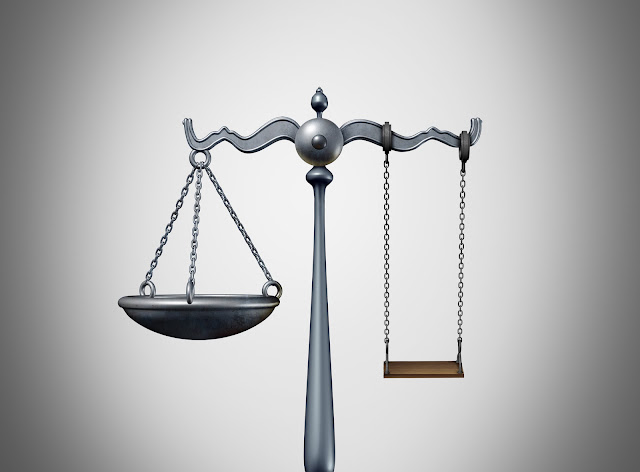
The coronavirus pandemic has stressed the health care system in many ways. With long shifts spent caring for extremely ill COVID-19 patients, health care providers also have been presented with untested treatment protocols. The best malpractice attorneys will say that health care providers face the possibility of an increase in the number of medical malpractice cases.
The first steps health care providers can take to protect themselves from malpractice claims is to make sure their malpractice insurance carrier will cover them in the event of a lawsuit:
- Is the physician helping-out at a facility in a state other than where he or she was licensed? If so, find out if that state has waived its licensing requirement.
- Notify the insurance carrier, in case the state where the doctor is helping-out has a different liability limit.
- Is the physician providing care outside their specialty or expertise? The doctor should notify the insurance carrier.
Medical malpractice cases hinge on “standard of care,” according to top-rated personal injury lawyers. Did the health care provider’s actions/decisions meet the standard of care for this particular disease or condition? If the answer is “yes,” then proving medical malpractice becomes very challenging for the plaintiff’s attorney. He or she then must prove outright negligence or intent to harm, which are difficult to prove.
Because so much about COVID-19 was and is still unknown, the medical community does not have a standard of care for this disease. Instead, in an attempt to save acutely ill patients, physicians were compelled to try treatment protocols that were unproven on this previously unknown disease.
What steps might a doctor take to document that an acceptable standard of care was met?
1. Document that all known standards of care on infection prevention and control were met.
2. Document the reasoning behind treatment decisions, once again meeting an acceptable standard of care whenever possible.
3. Document that he or she is staying up to date on treatment recommendations from infectious disease specialists.
If a hospital becomes overwhelmed with COVID-19 patients, the risks within the emergency department (ED) are compounded. ED is where incoming patients are triaged, and it is likely that COVID-19 suspects will be prioritized. However, COVID-19 testing can be unreliable and patients may not be diagnosed correctly, so an accident can occur.
For instance, it may be difficult to discern whether a suspected COVID-19 patient should be sent home to isolate and receive palliative care, or be admitted to the hospital. If the patient’s condition does not progress to severe symptoms, he or she may be better off at home, as long as there is a place for the patient to isolate and recover. However, if the patient’s symptoms were to become serious, it would be best to have the patient in the hospital to receive immediate, advanced support such as a respirator or ventilator.
In addition, patients with other acute medical conditions may not be prioritized as they should be. If these patients are “missed,” the doctor and health care system is at great risk for a medical malpractice lawsuit.
Need to know more about medical malpractice in the age of COVID-19? Be sure to contact an experienced attorney at Perna & Abracht LLC for a free consultation.
This blog was originally posted on https://www.pa4law.com/covid-19-medical-malpractice-risks-while-treating-patients/
























